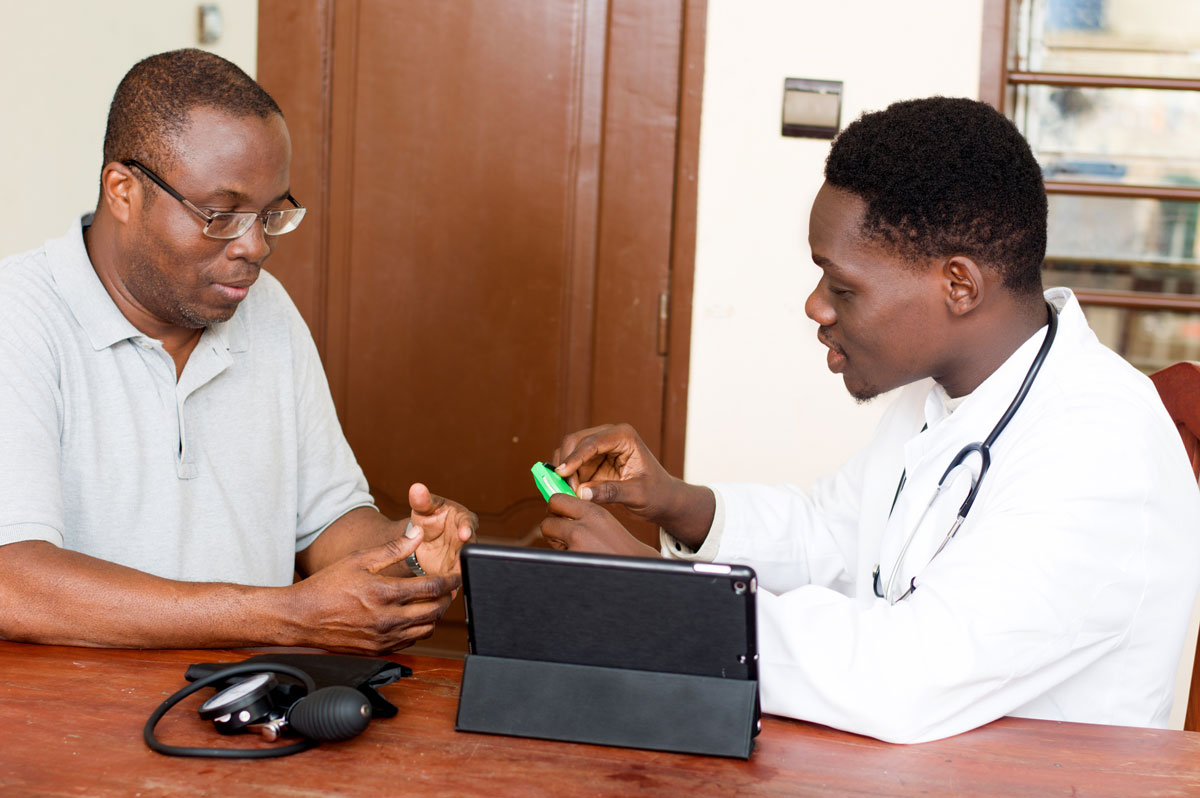Study after study has shown that people fear vision loss more than they fear cancer, stroke, heart disease and other serious ailments. But while most adults assume they are well versed in vision facts, few actually are. And that lack of knowledge only increases their risk.
What you don’t know about eye health could harm you
Eye diseases can steal your sight before you notice symptoms. That’s because your brain adapts to vision loss, making it difficult to notice the decline — something that less than half of adults realize.
Did you know:
- Many forms of glaucoma have no warning signs. You may lose most of your vision before you realize you’re affected. That’s because the disease begins and progresses gradually.
- People with diabetic retinopathy may not notice vision problems at first. But eventually this disease can cause blindness.
- Sudden blurriness or trouble seeing colors and fine details can signal age-related macular degeneration (AMD). Symptoms usually appear suddenly and worsen rapidly.
Are you at risk of vision loss?
Some people are at a higher risk of getting eye diseases that can lead to vision loss. This includes people who:
- are over age 40
- have family members with glaucoma
- are of African, Hispanic, or Asian heritage
- have high eye pressure
- are farsighted or nearsighted
- have had an eye injury
- use long-term steroid medications
- have corneas that are thin in the center
- have thinning of the optic nerve
- have diabetes, migraines, high blood pressure, poor blood circulation or other health problems affecting the whole body
People with more than one of these risk factors are at an elevated risk. Fortunately, there are steps you can take to protect your eyes as you age.
Protecting sight, empowering lives

You should talk with your ophthalmologist about the risk for getting eye diseases. Ophthalmologists can diagnose eye diseases earlier and treat them more effectively than ever before. But these advances cannot serve patients with undiagnosed disease. Nor can they help patients who remain unaware of the seriousness of their disease.
It’s important to get help before it’s too late. Far too often, ophthalmologists get patients entering their office too late to avoid severe vision loss. It is recommended that all healthy adults get a baseline eye exam with an ophthalmologist by age 40. Seniors over the age of 65 should see an ophthalmologist every one to two years.

